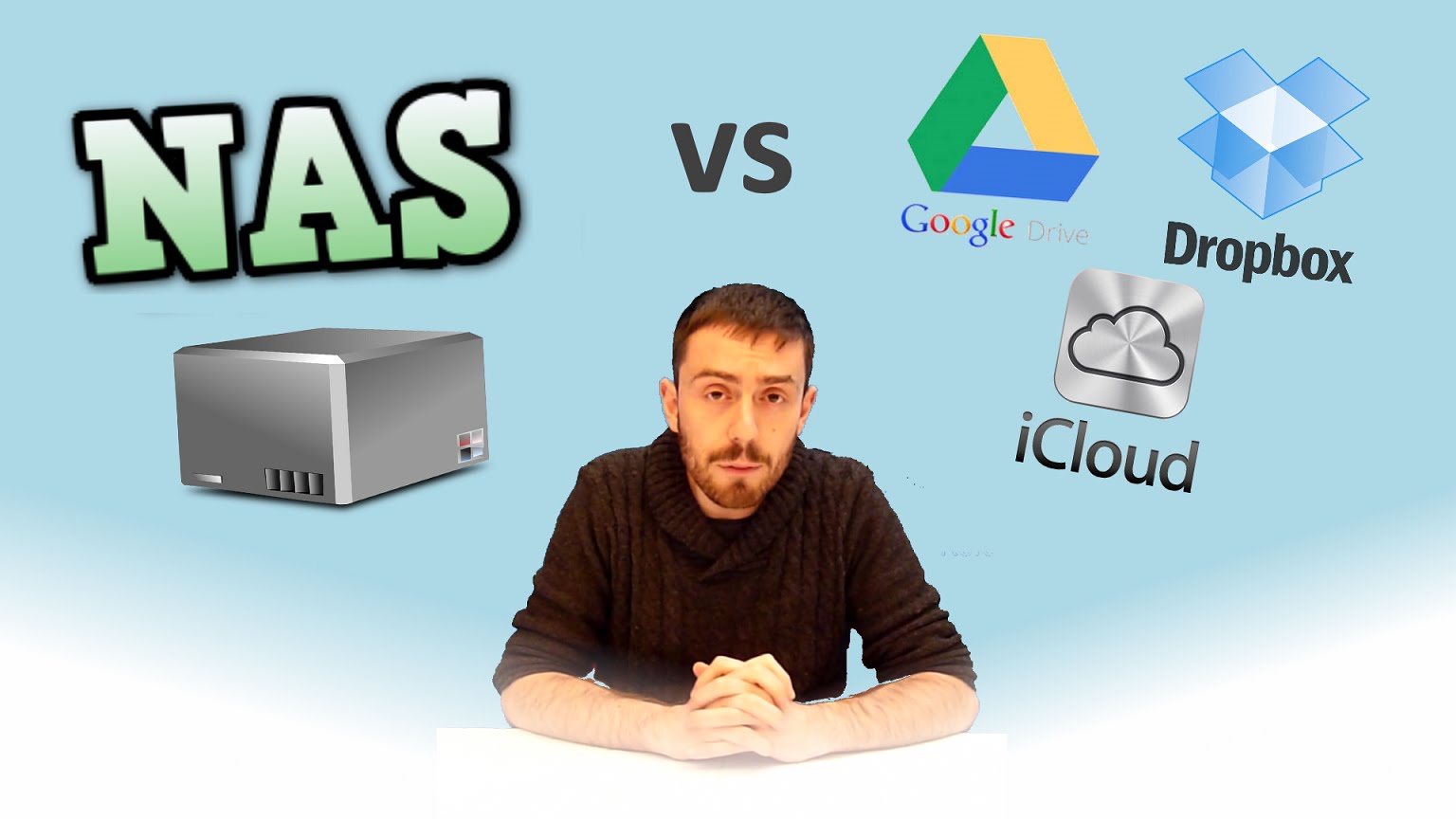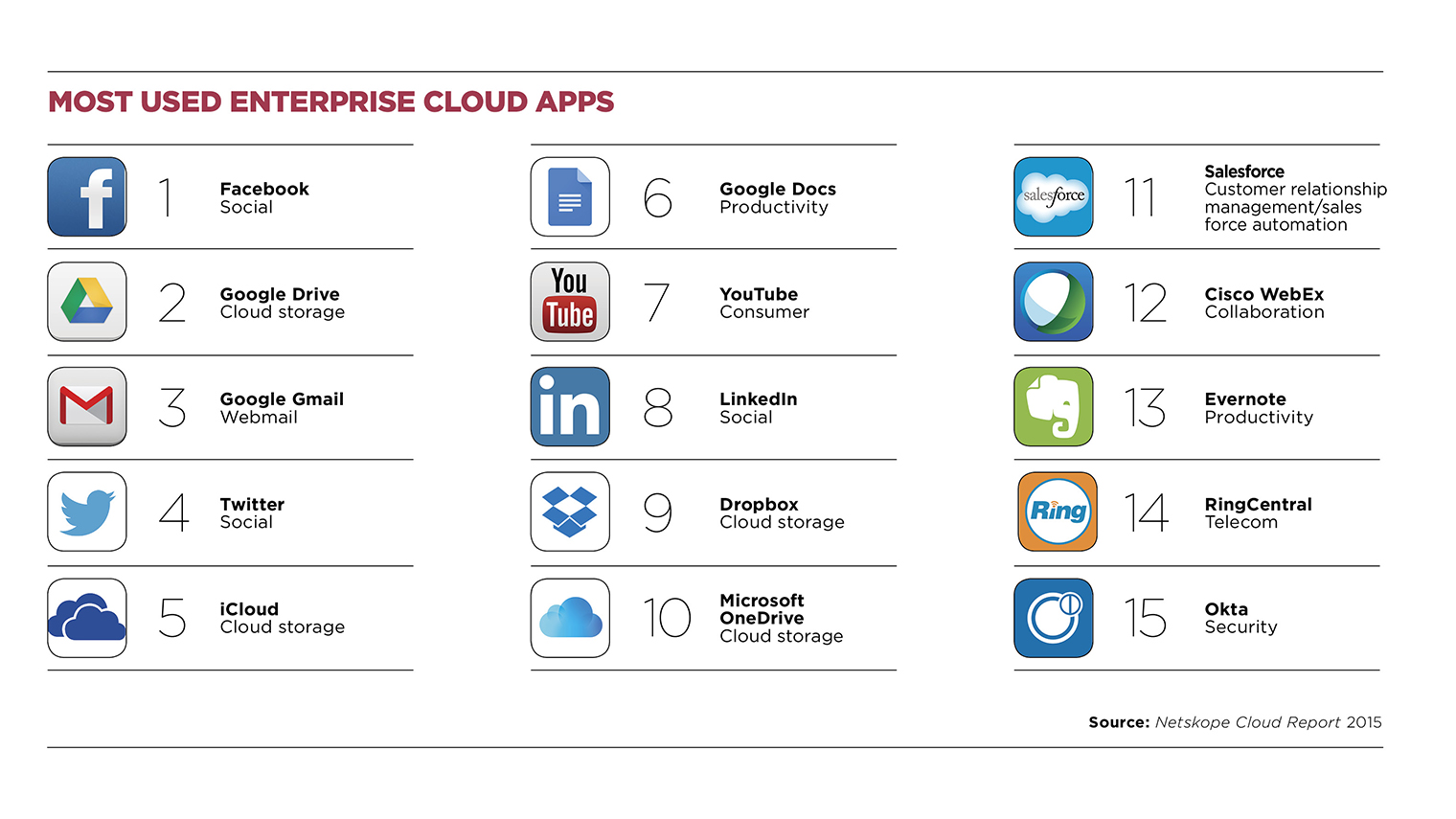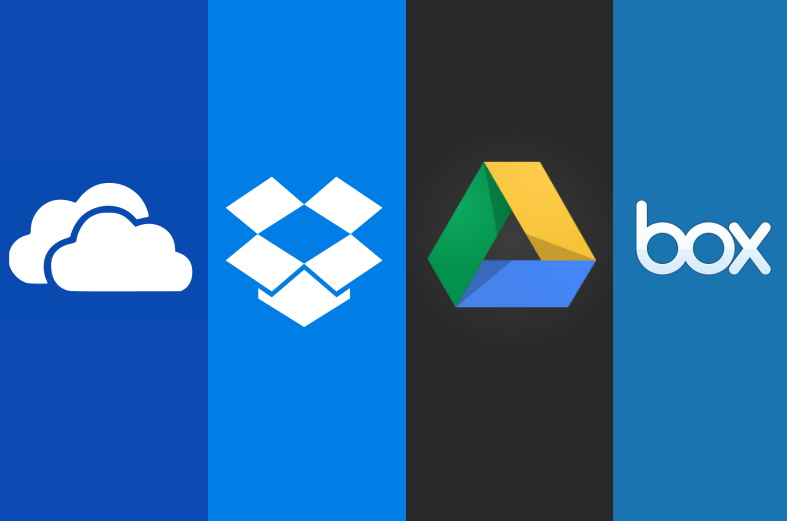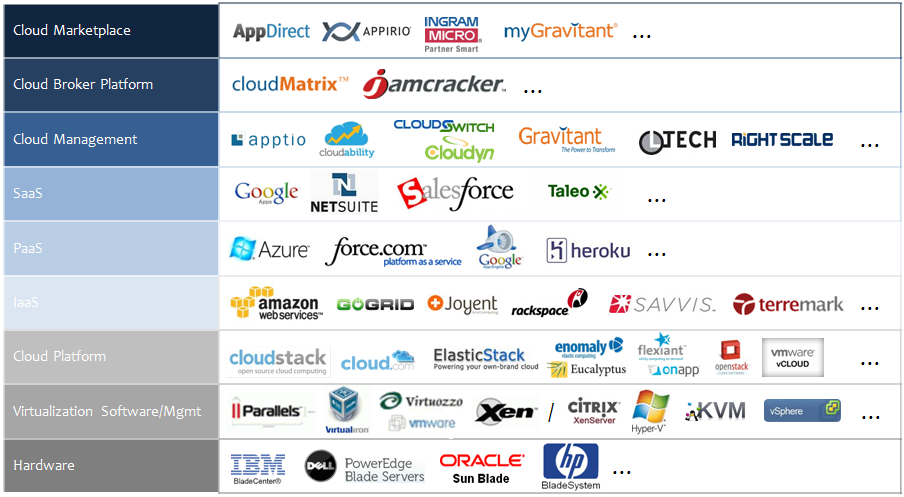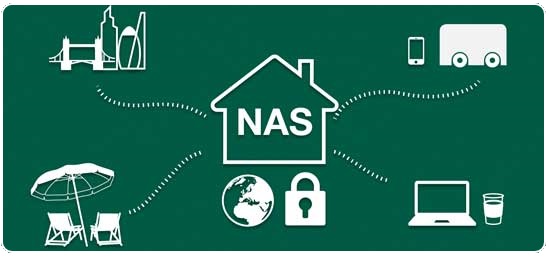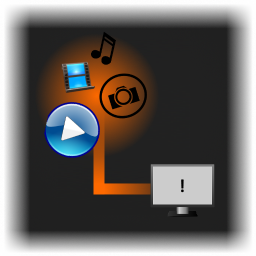NAS vs the Cloud – Should you choose between them or go for both?
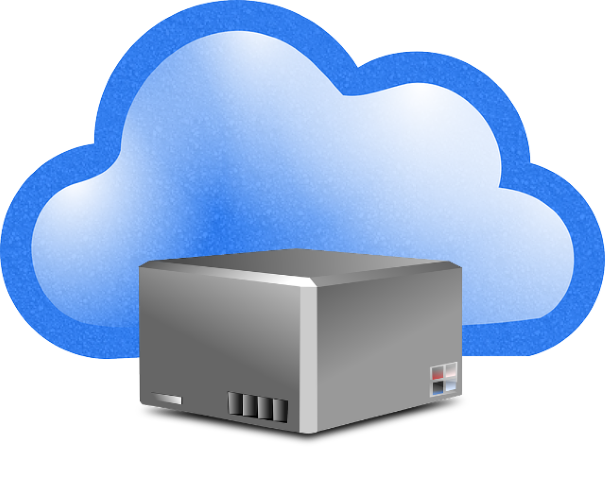 We, as a species, produce so much data! There is no sugar-coating it, we are producing as many megabytes and gigabytes as we are popping out babies. All those bits and bytes have to go somewhere. How much data do you think you have produced in the last 24 hours? Think about it… every email you sent and received, every picture you took, all the metadata created whilst watching your video library or listening to music. Even the data we do not see that is a record of where we go and what we do from the more mainstream CCTV on buildings around us to the far more direct cookies and cached data that is accumulated when just browsing the internet. We are producing quite astonishingly large amounts of data!
We, as a species, produce so much data! There is no sugar-coating it, we are producing as many megabytes and gigabytes as we are popping out babies. All those bits and bytes have to go somewhere. How much data do you think you have produced in the last 24 hours? Think about it… every email you sent and received, every picture you took, all the metadata created whilst watching your video library or listening to music. Even the data we do not see that is a record of where we go and what we do from the more mainstream CCTV on buildings around us to the far more direct cookies and cached data that is accumulated when just browsing the internet. We are producing quite astonishingly large amounts of data!
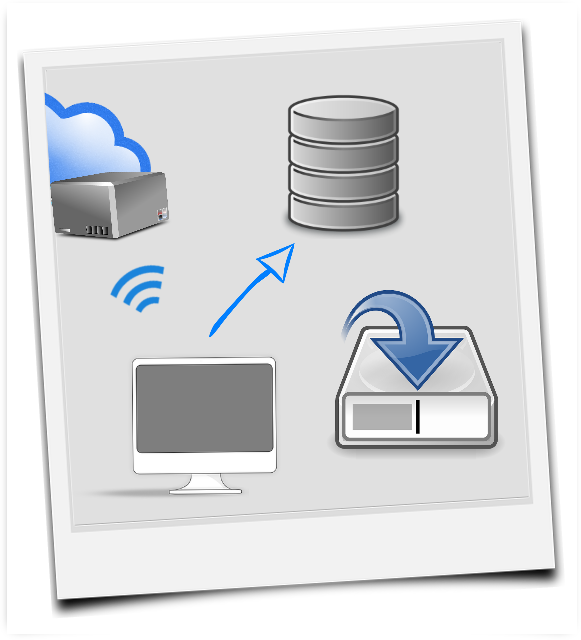 Of course it is only logical that if we are producing so much data, that we would want to access it from time to time and in the most convenient method possible. Alongside the growth of data being produced, the means with which to access that data easily have evolved too. No longer are we restrained with just accessing the data locally (so via a USB device, a Disc medium like DC or DVD, or other direct attached methods). NO, these days we can access our data in its many forms practically ANYWHERE in the world, without even having the data close by. Thanks to the Internet and massive improvements in the strength and stability of network systems, we are now in a fantastically portable and remote-access era of technology. However, if only the choice of which service to use for your remote access was quite so simple. With the growing popularity of both personal NAS server devices in the home and the ease and low price of 3rd party cloud services like Dropbox, Google Drive and Amazon S3, it can be a hard choice to decide which one deserves your data.
Of course it is only logical that if we are producing so much data, that we would want to access it from time to time and in the most convenient method possible. Alongside the growth of data being produced, the means with which to access that data easily have evolved too. No longer are we restrained with just accessing the data locally (so via a USB device, a Disc medium like DC or DVD, or other direct attached methods). NO, these days we can access our data in its many forms practically ANYWHERE in the world, without even having the data close by. Thanks to the Internet and massive improvements in the strength and stability of network systems, we are now in a fantastically portable and remote-access era of technology. However, if only the choice of which service to use for your remote access was quite so simple. With the growing popularity of both personal NAS server devices in the home and the ease and low price of 3rd party cloud services like Dropbox, Google Drive and Amazon S3, it can be a hard choice to decide which one deserves your data.
What is a NAS Server? Who are Synology, QNAP, Drobo, Thecus and more?
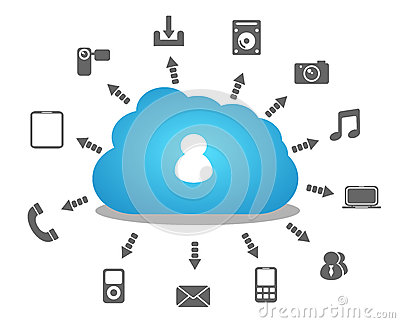 A NAS server is a network/internet connected device (not dissimilar to a small computer) that lives in your home or office and is populated with Hard Drives. This device, once connected to a router or switch enabled all data that is stored on it to be accessed by any device (and by any device, I mean everything from your TV, Laptop, iPad and Computer upwards) that has access to your network (wifi or via a cable). But beyond this it also provides you with the ability to access all the files that live inside ANYWHERE in the world. As long as you have an internet connection, you have full access (with password and encryption as required of course). Once this kind of hardware was reserved for business or just the overwhelmingly rich.
A NAS server is a network/internet connected device (not dissimilar to a small computer) that lives in your home or office and is populated with Hard Drives. This device, once connected to a router or switch enabled all data that is stored on it to be accessed by any device (and by any device, I mean everything from your TV, Laptop, iPad and Computer upwards) that has access to your network (wifi or via a cable). But beyond this it also provides you with the ability to access all the files that live inside ANYWHERE in the world. As long as you have an internet connection, you have full access (with password and encryption as required of course). Once this kind of hardware was reserved for business or just the overwhelmingly rich.
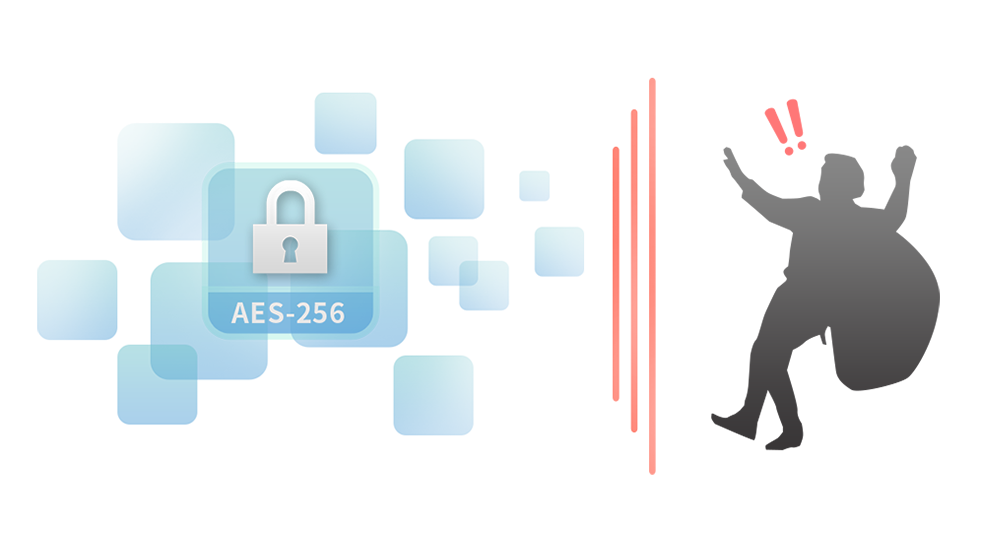 However now mass production and technology costs have come down, Network Attached Storage devices can be picked up alarming cheap with prices starting at around £200+ for 4TB of storage and a more than able NAS to get things done. Also, remember that the ‘access-anywhere’ nature of NAS is not a one-way street, you can back up all your mobile devices at the touch of a button, worldwide – so, no more losing data when on the go! Numerous brands produce some fantastic NAS server devices but you can in most cases breakdown each brand’s target audience by:
However now mass production and technology costs have come down, Network Attached Storage devices can be picked up alarming cheap with prices starting at around £200+ for 4TB of storage and a more than able NAS to get things done. Also, remember that the ‘access-anywhere’ nature of NAS is not a one-way street, you can back up all your mobile devices at the touch of a button, worldwide – so, no more losing data when on the go! Numerous brands produce some fantastic NAS server devices but you can in most cases breakdown each brand’s target audience by:
- Synology NAS for Mac Users or Less IT keen people
- QNAP NAS for Windows/Android users and those with the tiniest knowledge of IT
- Drobo NAS for Photo and Video Editors where the data is mission-critical
- WD NAS for those looking for reliable, if a little limited NAS use
- Netgear NAS for business and Enterprise Users
- Thecus NAS for those who like to experiment
- Asustor NAS for those who want to experiment, but are on a budget
- And Terramaster NAS and D-Link NAS for those who are on an extremely tight budget and do not need features above file access
What is 3rd Party Cloud storage? Such as Google Drive, Amazon S3, iCloud and Dropbox?
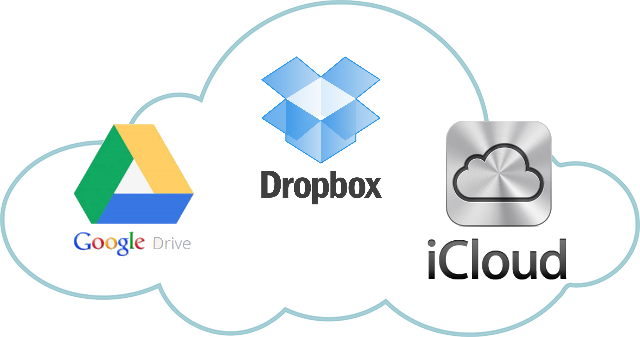 Technically, many of us have been using 3rd party cloud storage for over 20 years – think of the number of emails you sent with your first ever ‘Hotmail’ or ‘Yahoo’ email address? Remember the attachments (PDFs, word documents, pictures, etc), well when you sent them, they sat on a tiny portion of cloud storage that you were allocated. That was how you could still find the file in your sent folder, as well as still access attachments that you sent to you even years before in your inbox. Fast forward 10+ years and the business of easy, online storage space from the big companies (Microsoft, Apple, Google – as well as newly popped up ones like Amazon S3 and Dropbox) is now available in huge scales. Many offer free portions starting at 25GB and soon hitting terabytes of space with small monthly payments. The appeal is unquestionable.
Technically, many of us have been using 3rd party cloud storage for over 20 years – think of the number of emails you sent with your first ever ‘Hotmail’ or ‘Yahoo’ email address? Remember the attachments (PDFs, word documents, pictures, etc), well when you sent them, they sat on a tiny portion of cloud storage that you were allocated. That was how you could still find the file in your sent folder, as well as still access attachments that you sent to you even years before in your inbox. Fast forward 10+ years and the business of easy, online storage space from the big companies (Microsoft, Apple, Google – as well as newly popped up ones like Amazon S3 and Dropbox) is now available in huge scales. Many offer free portions starting at 25GB and soon hitting terabytes of space with small monthly payments. The appeal is unquestionable.
Whereas NAS requires you to have a small PC Server device in your home, powered on for days and weeks at a time, 3rd party cloud storage is online space you can reach via your web browser (or suitable branded app) and just needs th internet. You can access, share, edit and upload files with the same ease of a NAS Sever, but with an incredibly shorter setup time and far, FAR lower start-up cost. Choose the right 3rd party cloud provider isn’t quite as straight forward as picking a NAS brand, as there are more factors relating to your own hardware, but:
If you are home user, you will be more than happy with popular services like Elephant Drive, OneDrive, Amazon Drive or if you are using Mac or Android devices, you will find it mostly seamless to use their respective iCloud or Google Drive cloud storage.
However if you need to use cloud storage of enterprise applications, virtualization and offsite server backups, I recommend following the diagram below:
What are the Advantages and Disadvantages of NAS and the Cloud?
When choosing between Network Attached Storage and third-party cloud providers, it should be highlighted that both have their very own advantages and disadvantages. Likewise it is often found that the CONs of one are the PROs of the other. So it is with this process of elimination that we can help choose between both platforms for your data and pick the one that best suits your data requirements.
NAS vs The Cloud, Which is better for sharing my data?
Distribution of your Media on a one-off, or regular basis to friends, family and colleagues, all the way through to business distribution
BOTH – Direct File/Folder level access
BOTH – Stream your media over an internet
BOTH – can be accessed for time managed synchronization of your devices, both on their own and with each other as a 1st party-3rd party backup relationship
NAS – Gives you more options for access… more tailored Apps, smart TV, Consoles, mobile devices and network or HDMI access.
NAS vs The Cloud – Which is better for fast access?
Having your NAS/Cloud service ready to go and the types of files access you have.
NAS – Has a much longer setup time. With everything from physical installation, firmware downloading to RAID configuration and packaging left over.
CLOUD – Much more user-friendly (if slightly limited) interface – issues like redundancy, configuration and firmware updates are taking care of by vendor in the background and storage is ready to go inside 2-3 minutes
NAS – Much more accessible on a file-type level, i.e. music players streaming .mp3, wma etc directly from NAS with Transcoding being done by the NAS to ensure stability.
CLOUD – with the exception of proprietary platform connections, i.e. iCloud and an iPhone or Google Drive and a Pixel phone, in most scenarios you can only access all files as .whatever and not directly play/open them as needed. Though most arrive with a basic media player facility via your web browser or mobile app, you will struggle with anything more independent
NAS – Speeds are largely controlled by your internet connection and the connection between your NAS and the Router/Switch.
CLOUD – Download speeds are almost exclusively based on your internet connection and hard to compare fairly
NAS vs The Cloud – Which is best for Security and Protection?
How secure is your data? Not just from Brute force Hacks, but also if someone monitors your connection?
NAS – most arrive with either AES-256bit encryption or AES-NI 256bit Encryption so your read and write are improved, as well as PC/Mac backup images and background snapshot processes to keep you protected (all of which are encrypted). These can be done over LAN and therefore quicker.
CLOUD – 256bit encryption, permission and a check system of IP and location. Can be used to back up images/snapshots, but impractical as they will eat up your bandwidth
NAS – RAID options to protect you from HDD failure, but failure results in buying a New HDD.
CLOUD – Limitless redundancy as most top-tier cloud providers have multiple backups of all data.
NAS – You can physically disconnect the NAS from the network/internet, as well as physically destroy the equipment.
CLOUD – You can close/Suspend you account, but there is no real guarantees that your data is fully destroyed
NAS vs The Cloud – Which is the best Value for Money
Whether it is short-term or long-term, this is always a consideration
NAS – One off cost (obviously not factoring electricity costs) but much higher start-up. 2 terabytes will most likely cost you around 4-500 pounds
CLOUD – considerably smaller start-up cost, monthly payments of 10-15 pounds for one or two terabytes
NAS – Will be on (with hibernation, low power, active etc) for weeks or months on end
CLOUD – After two years, you have spent 200-400 on cloud storage. But to remove, you need to buy a drive to download it to – around 60-70 pounds for a 2TB External.
NAS – After two years, you still have a NAS and your storage
NAS vs The Cloud – THE CONCLUSION
The Cloud providers are good for home users who just want to back up. Low priority or long-term cold small nuggets of data. Easy on the budget but a terrible long-term option.
NAS is for even slightly tech minded folk. Much better long-term solution, ready access, long-term storage, enterprise and more. Costs more but once purchased, most of the costs are done. NAS is the private cloud drive, far more adaptable to home and media needs, easier to scale and disconnect from the world.
https://www.youtube.com/watch?v=YWzfNBMV58k
Why not use both NAS and 3rd Party Cloud Storage Together?
Why not use both? Buy a NAS and use it as your first tier/primary STORAGE. However buy a portion of 3rd party cloud storage, or blag some free GB’s online and use this space for creating a synchronized cloud backup, offsite! Backup the CORE important files – those folders that you or your business cannot live without.
📧 SUBSCRIBE TO OUR NEWSLETTER 🔔🔒 Join Inner Circle
Get an alert every time something gets added to this specific article!
This description contains links to Amazon. These links will take you to some of the products mentioned in today's content. As an Amazon Associate, I earn from qualifying purchases. Visit the NASCompares Deal Finder to find the best place to buy this device in your region, based on Service, Support and Reputation - Just Search for your NAS Drive in the Box Below
Need Advice on Data Storage from an Expert?
Finally, for free advice about your setup, just leave a message in the comments below here at NASCompares.com and we will get back to you. Need Help?
Where possible (and where appropriate) please provide as much information about your requirements, as then I can arrange the best answer and solution to your needs. Do not worry about your e-mail address being required, it will NOT be used in a mailing list and will NOT be used in any way other than to respond to your enquiry.
Need Help?
Where possible (and where appropriate) please provide as much information about your requirements, as then I can arrange the best answer and solution to your needs. Do not worry about your e-mail address being required, it will NOT be used in a mailing list and will NOT be used in any way other than to respond to your enquiry.

|
 |
UGREEN NAS Now has iSCSI, 2FA and Jellyfin (and more) - FINALLY!
Seagate 30TB Ironwolf and EXOS Hard Drive Review
Why Do Cheap NAS Boxes EXIST????
Minisforum N5 Pro NAS - Should You Buy?
UGREEN DH4300 & DH2300 NAS Revealed - Good Value?
Aoostar WTR Max NAS - Should You Buy?
Access content via Patreon or KO-FI


